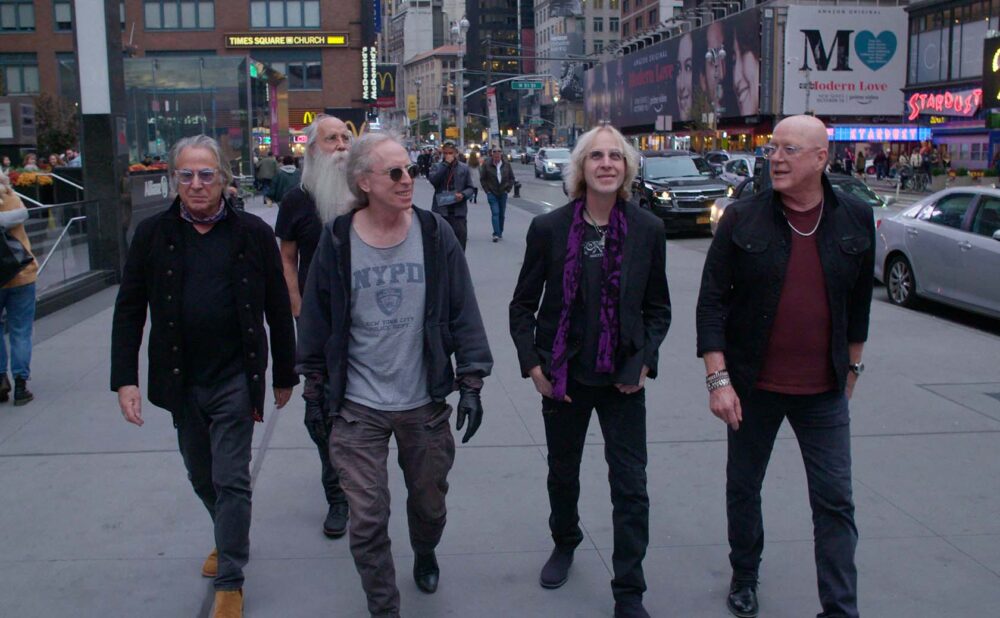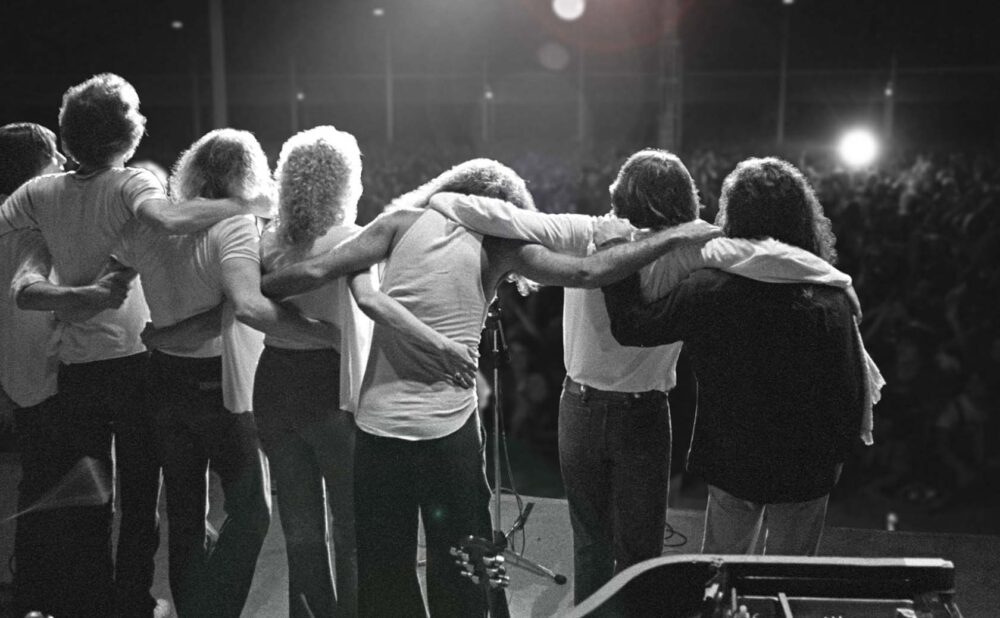Review: Story of remarkable ’70s rock hitmakers makes for tame tale
James Taylor, Carole King, Joni Mitchell and more all got help from ‘Immediate Family’
Immediate Family
Where: In theatres (Hot Docs) and VOD
What: Movie, 102 mins.
When: Fri., Dec. 15
Genre: Documentary
Rating: NNN (out of 5)
Why you should watch: See the musicians behind most of the white, mostly LA-based, soft-rock hits from the ‘70s including the Sweet Baby James and Tapestry albums.
EACH GENERATION seems to get its legendary set of session musicians who worked behind the scenes and defined the music of their era in the process.
And the musicians are getting their own docs too, including both the excellent The Wrecking Crew (2008), about an incredible team of ’60s musicians, and Standing In the Shadows of Motown (2002), about the remarkable Detroit hitmakers working for Barry Gordy. Twenty Feet from Stardom (2013) celebrated under-acknowledged backup singers giving, them their overdue spotlight.
Wrecking Crew director Denny Tedesco, whose father, Tommy, was in the Crew, turns his lens on an incredible collection of behind-the-scenes ’70s hitmakers in Immediate Family. We get a reverential inside look at the creation of classic albums by James Taylor, Carole King, Jackson Browne, Linda Ronstadt, Phil Collins, Stevie Nicks and more.
The film sees a remarkable group of musicians whose exploits are revealed, Russian Doll-style, as each album credit seems more remarkable than the one before. By the end of the film, we learn there are few key releases by white artists of the era that the musicians are not on.
As British pop star and producer Peter Asher championed James Taylor in the early stages of his career, he assembled a band in L.A. to record what would become Taylor’s legendary album, Sweet Baby James. This core group, which includes drummer Russ Kunkel, bassist Leland Sklar, and guitarists Danny Kortchmar and Waddy Wachtel, would go on to be the session musicians on King’s Tapestry, Joni Mitchell’s Blue and many other defining releases of the era.
The film features all four reminiscing and occasionally jamming or recreating their defining moments from some of the classic albums. We also get generous testimonials from Collins, Don Henley, Lyle Lovett, Keith Richards, Ronstadt and others who happily worked with the foursome.
In fact, the film might be too damned happy — there’s no dramatic tension as a result. Unlike the Wrecking Crew and the Motown session musicians, Asher gave the Immediate Family team credits on all the albums he produced, setting a precedent that other producers would follow, something new in rock music.
It seems they were fairly well paid with all of them, now in their 70s, appearing to be living pretty comfortable, undamaged lives. Some of them, like Kortchmar, even got lucrative songwriting credits on some of the hits they helped create.
They all speak of the recording sessions fondly, with no tales of fist fights, freakouts or Bacchanalian excess. And if Nicks was finding creative ways to ingest cocaine while they were recording, no one is talking.
While all this harmony and fair play no doubt made and makes for lovely lives, as filmmaking, it’s a little one-note and unsatisfying, even if it’s a perfectly played one.
While somewhat static as a film, the inside stories of some of the biggest albums of an era are fun to hear, even if a little tame. Fans of ’70s L.A.-rock will find enough here to satisfy; just don’t look for any surprises.












